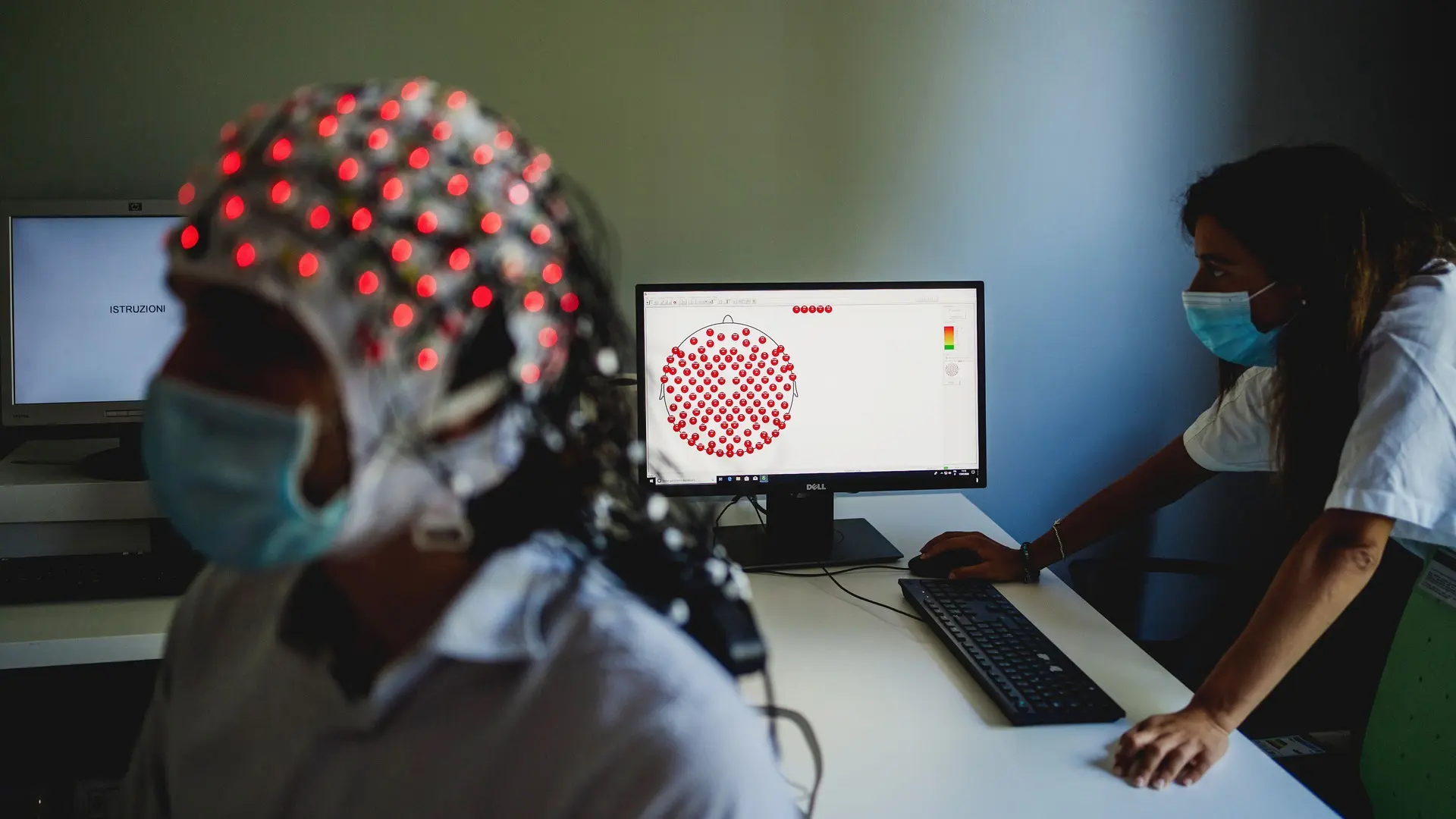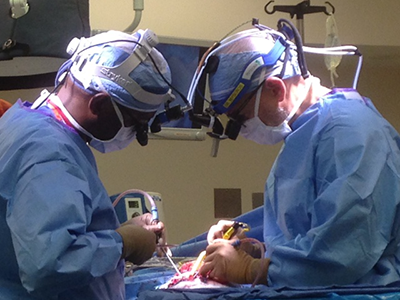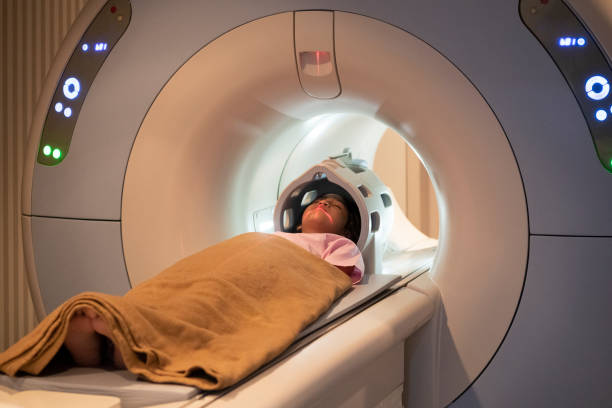Risk Factors of DCD
Being born prematurely, before the 37th week of pregnancy
Being born with a low birth weight
Having a family history of DCD, although it is not clear exactly which genes may be involved in the condition
The mother drinking alcohol or taking illegal drugs while pregnant
Treating DCD
Being taught ways to do activities they find difficult, such as breaking down difficult movements into smaller parts and practicing them regularly.
Adapting tasks to make them easier, such as using special grips on pens and pencils so they are easier to hold.
Although DCD does not affect how intelligent a child is, it can make it more difficult for them to learn and they may need extra help to keep up at school.
Treatment for DCD will be tailored to your child and usually involves a number of different healthcare professionals working together.
Causes of DCD
Doing co-ordinated movements is a complex process that involves many different nerves and parts of the brain.
Any problem in this process could potentially lead to difficulties with movement and co-ordination.
It's not usually clear why co-ordination doesn't develop as well as other abilities in children with DCD.
Cure for DCD
Treatment for DCD will be tailored to your child and usually involves a number of different healthcare professionals working together.
Although the physical co-ordination of a child with DCD will remain below average, this may be less of a problem as they get older and develop coping strategies. Some children may continue to have problems.
However, difficulties in school – particularly producing written work – can become much more prominent and require extra help from parents and teachers.









